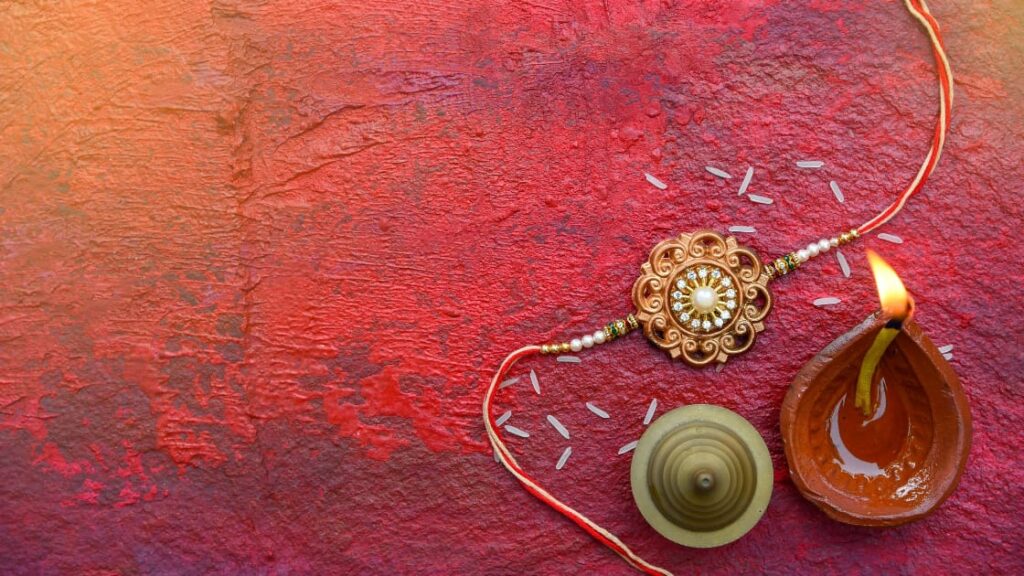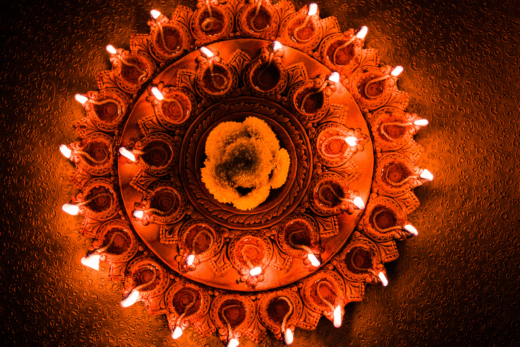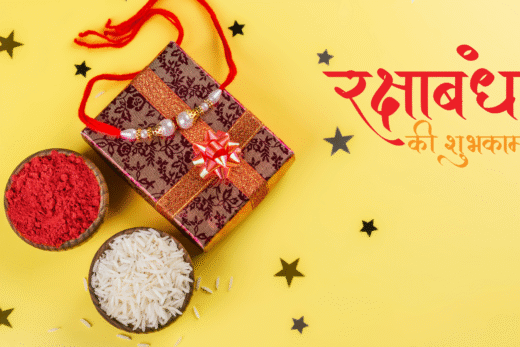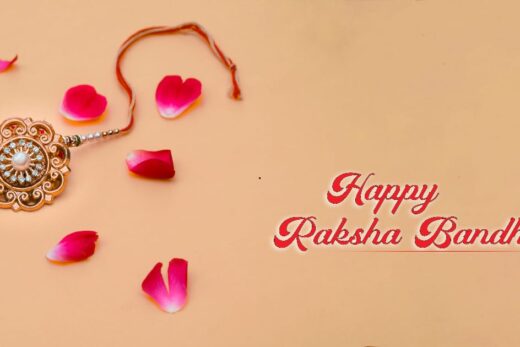Raksha Bandhan 2025: Raksha Bandhan, also known as Rakhi, is one of the most cherished and emotionally rich festivals celebrated in India. Observed on the full moon day of the Hindu month of Shravan, it is a celebration of the pure bond between brothers and sisters. The word “Raksha” means protection, and “Bandhan” means bond — together symbolizing the sacred promise of safety and care that defines the relationship.

The Deep-Rooted Significance of Raksha Bandhan
While Raksha Bandhan is popularly recognized as a festival between siblings, its deeper meaning goes far beyond just the physical act of tying a rakhi. The ritual represents trust, duty, affection, and lifelong support. Traditionally, a sister ties a rakhi — a decorated thread — around her brother’s wrist, praying for his well-being and long life. In return, the brother gives her a gift and vows to protect her through all phases of life.
What makes this bond so special is that it is not bound by blood alone. Rakhi can be tied to cousins, close friends, or even those who hold a brotherly place in a woman’s heart. It is this emotional inclusiveness that makes the celebration all the more beautiful and meaningful.
Read More: Good Morning Bliss: A Perfect Start with Coffee, Flowers, and Positivity
Cultural Traditions and Rituals
As the day of Raksha Bandhan approaches, markets and shops come alive with colorful rakhis, sweets, traditional outfits, and gift hampers. On the day itself, families wake up early and prepare for the ceremony. Sisters perform an aarti for their brothers, apply a tilak on their foreheads, and tie the rakhi. The thali used for the ceremony typically contains a diya (lamp), roli (kumkum), chawal (rice), and sweets, all of which are visible in the image you shared.
Following the ritual, brothers present gifts or money as a token of love and appreciation. These exchanges, however, are not about material value — they are symbolic of the deep bond the siblings share, built on years of shared experiences, memories, and mutual respect.
Historical and Mythological Roots
Raksha Bandhan finds mention in several Hindu scriptures and mythological tales. One of the most popular legends is that of Lord Krishna and Draupadi. When Krishna injured his finger during battle, Draupadi tore a piece of her sari and tied it to his wound. In return, Krishna promised to protect her for life — a promise he honored during her most vulnerable moments.
Another story speaks of Queen Karnavati of Mewar, who sent a rakhi to Mughal Emperor Humayun, seeking protection for her kingdom. Touched by the gesture, Humayun rushed to her aid, illustrating how this thread of love holds power even beyond religion and politics.
Evolving with Modern Times
With changing times, Raksha Bandhan has evolved in how it is celebrated, especially in urban areas. Today, with families often separated by cities or even continents, sisters send rakhis by post or through online platforms. Virtual celebrations and video calls have become a new way to stay connected during the festival. Despite the distance, the essence of Raksha Bandhan — love and care — remains untouched.
There’s also a growing trend where sisters tie rakhis to their sisters or other women in their lives as a mark of solidarity and mutual respect. This shift reflects the modern understanding of protection, where it is not defined by gender but by emotional strength and support.
A Festival Beyond Religion and Borders
While Raksha Bandhan is primarily a Hindu festival, its sentiment is so universal that people of various faiths celebrate it across India. In schools and communities, children tie rakhis to classmates as a way to spread friendship and unity. It serves as a beautiful reminder that at its core, Raksha Bandhan is about love — a feeling that transcends religion, caste, or culture.
Moreover, this festival has found admirers beyond India. In countries like Nepal, Mauritius, and parts of the Indian diaspora across the globe, Rakhi is celebrated with the same enthusiasm and joy.
Conclusion
Raksha Bandhan is more than just a ritual or a festival — it is an emotion that brings families together. It celebrates the beauty of relationships, the comfort of protection, and the joy of giving. In a world where life moves fast and personal connections are often taken for granted, Raksha Bandhan reminds us to pause and appreciate the bonds that truly matter.
As we light the lamp, tie the thread, and offer prayers for each other, we are reminded that even the smallest gesture of love can create a lifelong memory.




